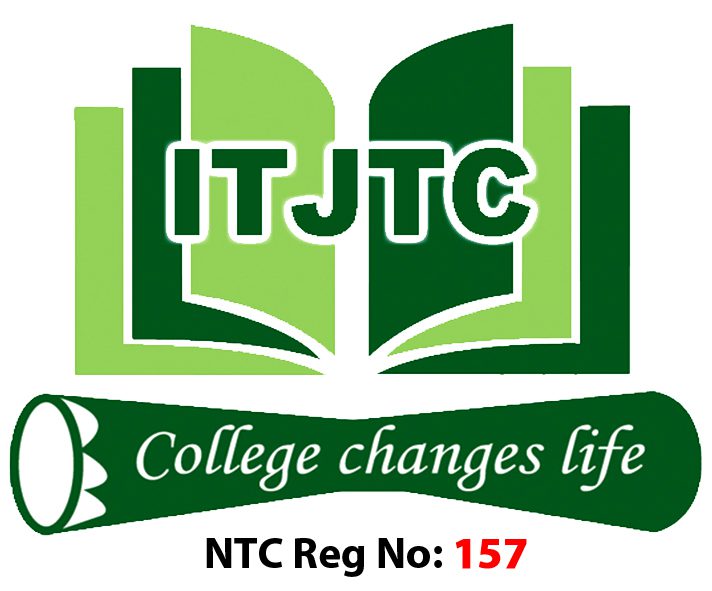Diploma in Business Accounting
8+8
UnitS
G12/Cert.
ENTRY REQUIRMENT
ILT/ONLINE
DELIVERY MODE
12M
Duration
K4900.00
COURSE FEE
Share This Class:
Course OverView
Business Accounting diploma program provides you with a well-rounded accounting education with training in accounting procedures and theory, taxation, business law, information systems. You’ll learn best practices in accounting and become skilled at using industry-standard software. Helps you develop broad-based business skills including human resource administration, business writing,
Completing this course will help you:
Understand the deeper accounting concepts and principles to illuminate financial statements and unlock critical insights into business performance and potential. Explore further business accounting practice, related law and regulations, use electronic forms and application to manage business records etc.
This course may give you eligible in roles such as:
- Accounting clerk
- Department Supervisor
- Operation Manger
- Small Business owner
Who is the course for?
This course is suitable for learners who complete year 10 above, work people who wish to change career.
COURSE CONTENT
Unit 9 – Business Law A (157D088)
LEARNING OBJECTIVES:
By the end of this lesion you should be able to:
· To import basic introductory knowledge of Papua New Guinea Law
· To introduce students to specific acts regulating forms of business marketplace
· To be knowledgeable with specific laws that govern business practice in commerce
· To equip students with skills to analyze and identify basic legal issues and principles
Unit 10 – Accounting 2 (157C032)
Learning Objectives:
By the end of the lesson you should able to:
1. State the features of a Business Group and Companies
2. Explain how Companies and Business Groups are formed
3. Prepare accounts for Business Group and Companies
4. State the features of business group and companies
5. State the advantages of business Group and companies
6. State the types of companies
Since accounting deal with mostly numbers and calculations, this units will prepare you with basic mathematics skills that need in accounting matters.
Unit 12 – Cost Accounting and Budgeting (157D092)
LEARNING OBJECTIVES:
This unit aims to:
· Define Cost Accounting
· Identify the types of cost accounting information system
· Distinguish between cost accounting and financial accounting
· Discuss it’s relationship to management of any manufacturing
· Discuss it’s Benefits of cost accounting information
Unit 13 – Auditing (157D094)
Unit 14 – Financial Accounting 1 (157D091)
Unit 15 – Computerized Accounting Using MYOB (157D097)
MYOB is a powerful accounting and business management software.
In this unit, you will learn basic fuction of the software, include: how to enter data, produce cash receipts and payments, sales invoices, customer payments, purchase invoices and supplier payments. Also you will learn some inventory work is . Reconciliation of bank accounts, debtors and creditors is carried out, processing report etc.
Unit 16 – MS Excel 2010 – Intermediate (157D078)
In This Unit, you will learn MS Excel application intermediate level skills, function and features to produce business related form, list, manage business data, calculation, etc. This is a another essential skill in this computer world, to main effective communication, clear records and support in business management.

What people are saying
“Being a student of IT Job Training Centre, I had found the institution to be very promising that had set a high benchmark for the students to achieve promising quality education.The Trainers, are well experienced and highly qualified in which they know the worth and dignity of the students. They recognize the supreme importance of the pursuit of quality education that they devote excellent delivery of very flexible learning that boost academic performances for the students…”

Schneider ForfinCurrent DIP.BA Student
“A fantastic and very engaging course. All of the information offered by ITJTC was completely practical, relevant and presented in an easy, digestible and interesting way.”

Glen Stephens
Previous
Next
